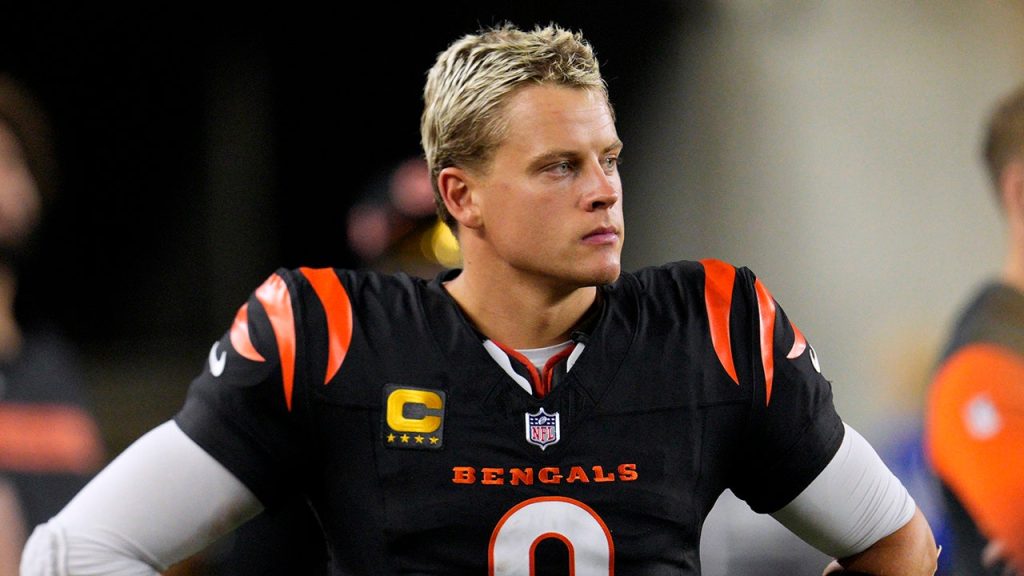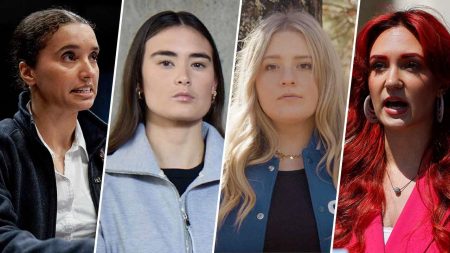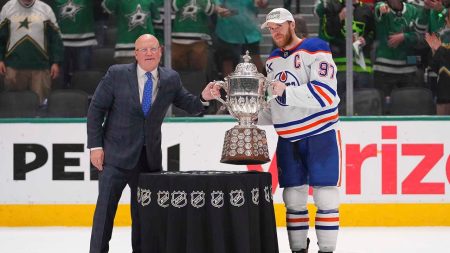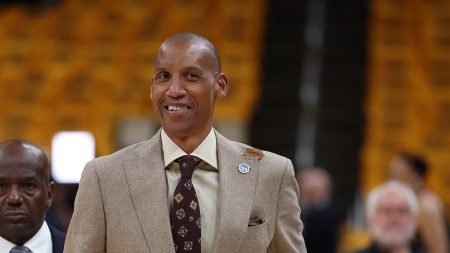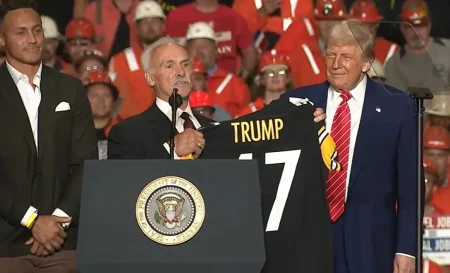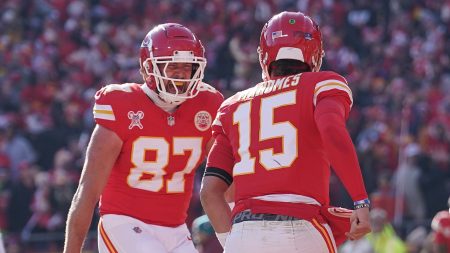The recent burglary of Cincinnati Bengals quarterback Joe Burrow’s home underscores a growing concern within the NFL regarding the safety and privacy of its players. This incident, occurring while Burrow was in Dallas for a game against the Cowboys, follows similar burglaries targeting other high-profile players like Patrick Mahomes and Travis Kelce, prompting the league to issue a memo addressing the escalating security threat. Burrow’s public acknowledgment of the violation highlights the inherent tension between the public nature of a professional athlete’s life and the desire for personal privacy. The fact that his whereabouts are constantly tracked and publicized, a byproduct of his celebrity status, inadvertently creates vulnerabilities that criminals can exploit. This invasion of privacy, beyond the material loss, adds another layer of stress to the already demanding life of a professional athlete.
Burrow’s comments reflect a broader sentiment among athletes who struggle to balance the demands of their public persona with their need for a sense of normalcy and security. He acknowledges that living a public life is an intrinsic part of his chosen profession, but it doesn’t diminish the discomfort and unease caused by the constant scrutiny and potential for such intrusions. His statement, “I feel like my privacy has been violated in more ways than one,” suggests that the burglary extends beyond the physical act of trespass; it represents a breach of his personal space and a violation of his sense of security. The incident serves as a stark reminder of the vulnerabilities that come with fame and fortune, forcing athletes to grapple with the constant awareness of being targets.
The NFL’s memo regarding the recent spate of burglaries targeting players reveals a disturbing pattern that suggests a more organized and potentially sophisticated criminal enterprise. Reports indicate the FBI’s involvement, with investigations pointing towards a possible link to a South American crime syndicate. This elevated level of criminal activity raises significant concerns about the safety and security of players and their families, necessitating proactive measures to mitigate the risk. The league’s recommendations, including installing security systems and refraining from publicizing personal whereabouts or displaying valuable possessions on social media, underscore the seriousness of the threat and the need for increased vigilance.
The league’s memo serves as a crucial wake-up call for players to prioritize their security and adopt a more cautious approach to their public image. The advice to avoid posting real-time location updates and showcasing expensive items on social media is a direct response to the criminals’ apparent exploitation of publicly available information. By limiting the amount of personal information readily accessible online, players can significantly reduce their vulnerability to targeted attacks. This emphasizes the importance of maintaining a healthy balance between public engagement and safeguarding personal information in the digital age.
The incident involving Joe Burrow and the broader trend of burglaries targeting NFL players highlight a significant security challenge facing the league and its athletes. The involvement of organized crime elevates the concern beyond isolated incidents of opportunistic theft, necessitating a more comprehensive and coordinated response. The league’s proactive approach in issuing a memo and urging players to take preventative measures is a positive step towards addressing this growing threat. However, ongoing vigilance and collaboration between the league, law enforcement, and players will be crucial in mitigating the risks and ensuring the safety and security of everyone involved.
The situation also brings into focus the delicate balance between public image and personal privacy in the world of professional sports. Athletes, particularly those with high profiles, are constantly navigating the pressures of maintaining a public persona while safeguarding their private lives. Incidents like these serve as stark reminders of the potential consequences of overexposure and the importance of taking proactive steps to protect one’s privacy and security. The ongoing dialogue between the league and its players about these issues is essential for developing effective strategies to address these concerns and create a safer environment for everyone involved.




